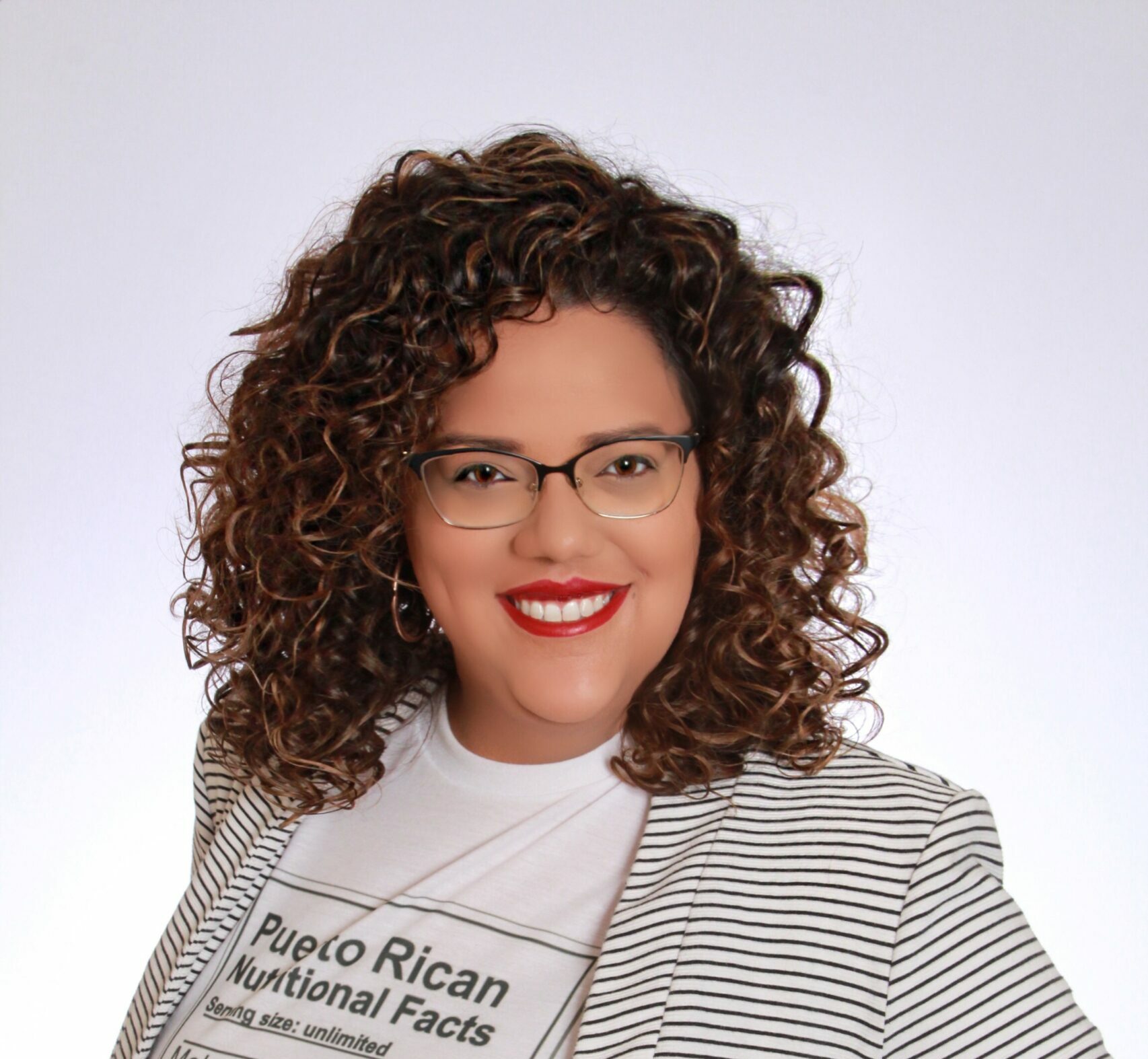
by Michele Kirichanskaya | Oct 9, 2023 | Blog
Natalie Caña writes contemporary romances that allow her to incorporate her witty sense of humor and her love for her culture (Puertominican whoop whoop!) for heroines and heroes like her. A PROPOSAL THEY CAN’T REFUSE is her debut novel. I had the opportunity to...
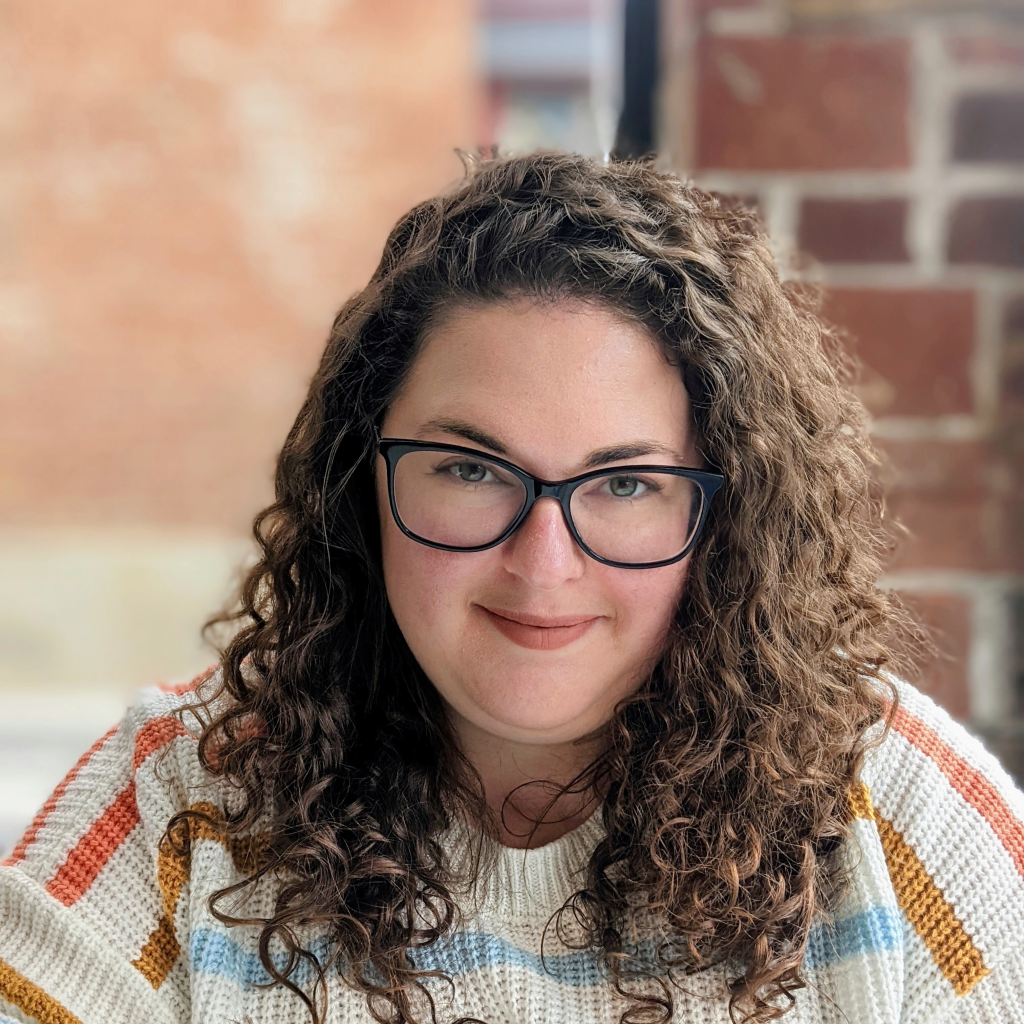
by Michele Kirichanskaya | May 26, 2023 | Blog
Sarah Adler writes romantic comedies about lovable weirdos finding their happily-ever-afters. She lives in Maryland with her husband and daughter and spends an inordinate amount of her time yelling at her mischievous cat to stop opening the kitchen cabinets. I had the...
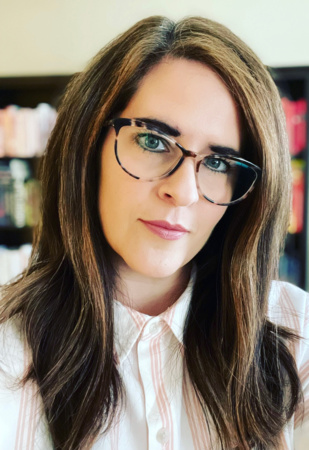
by Michele Kirichanskaya | Dec 7, 2022 | Blog
Ashley Herring Blake is an award-winning author and teacher. She holds a Master’s degree in teaching and loves coffee, arranging her books by color, and cold weather. She is the author of the young adult novels Suffer Love, How to Make a Wish, and Girl Made of Stars...
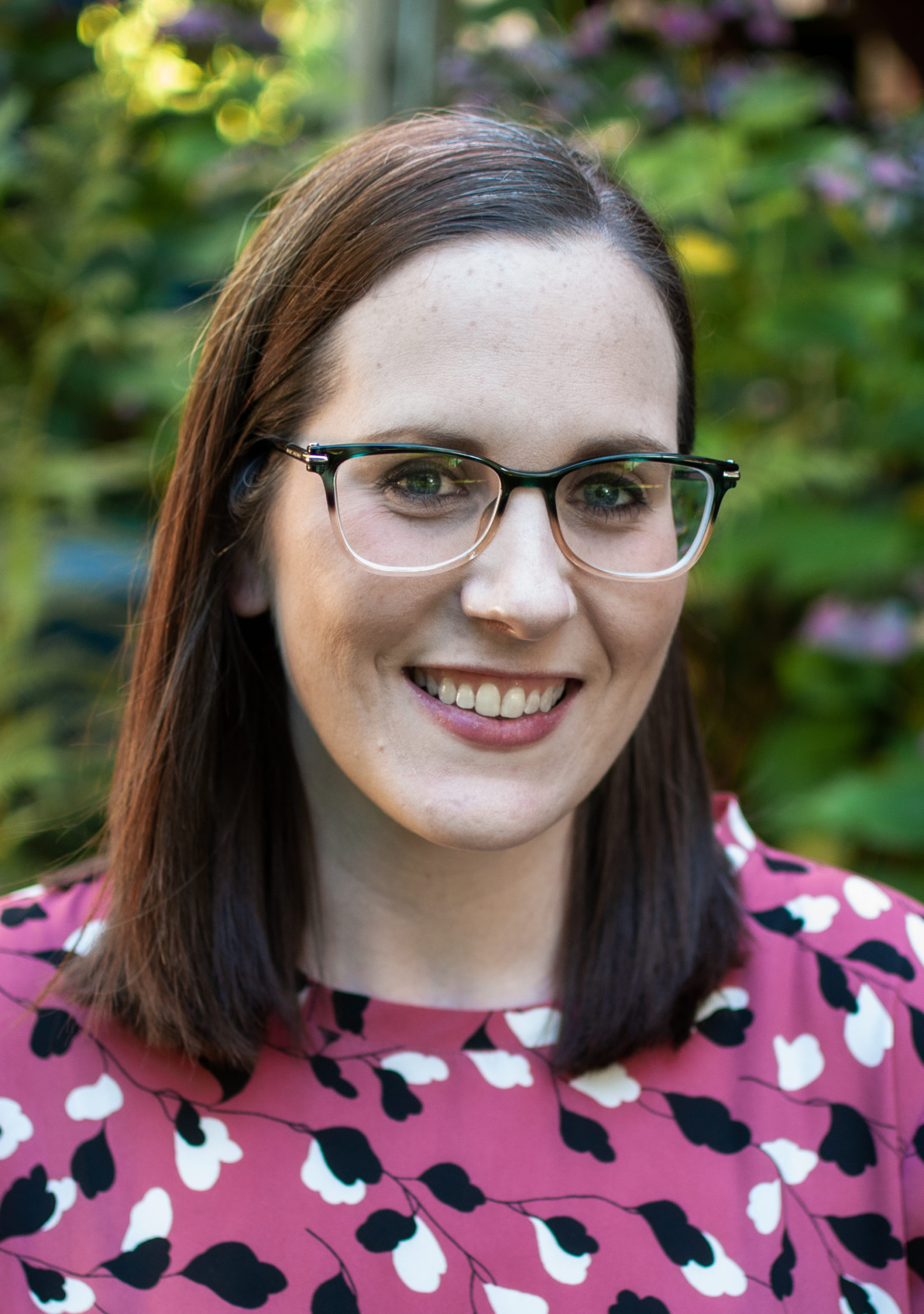
by Michele Kirichanskaya | Nov 10, 2022 | Blog
Alison Cochrun is a former high school English teacher and a current writer of queer love stories, including her debut novel, The Charm Offensive. She lives outside of Portland, Oregon with her giant dog and a vast collection of brightly colored books. She...
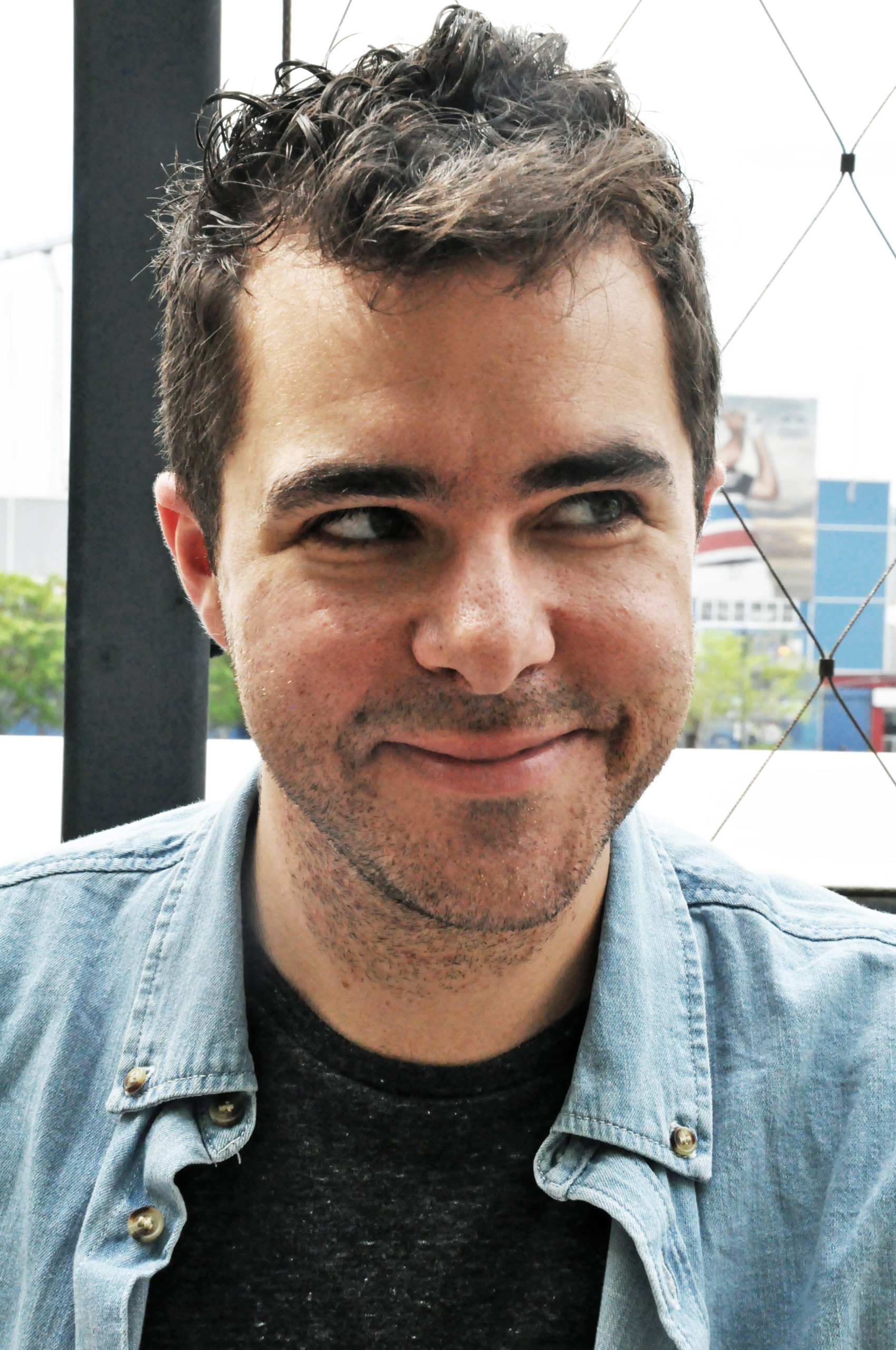
by Michele Kirichanskaya | Aug 19, 2022 | Blog
ADAM SASS began writing books in Sharpie on the backs of Starbucks pastry bags. (He’s sorry it distracted him from making your latte.) His award-winning debut, SURRENDER YOU SONS, was featured in Teen Vogue and the Savage Lovecast and was named a best book of 2020 by...






